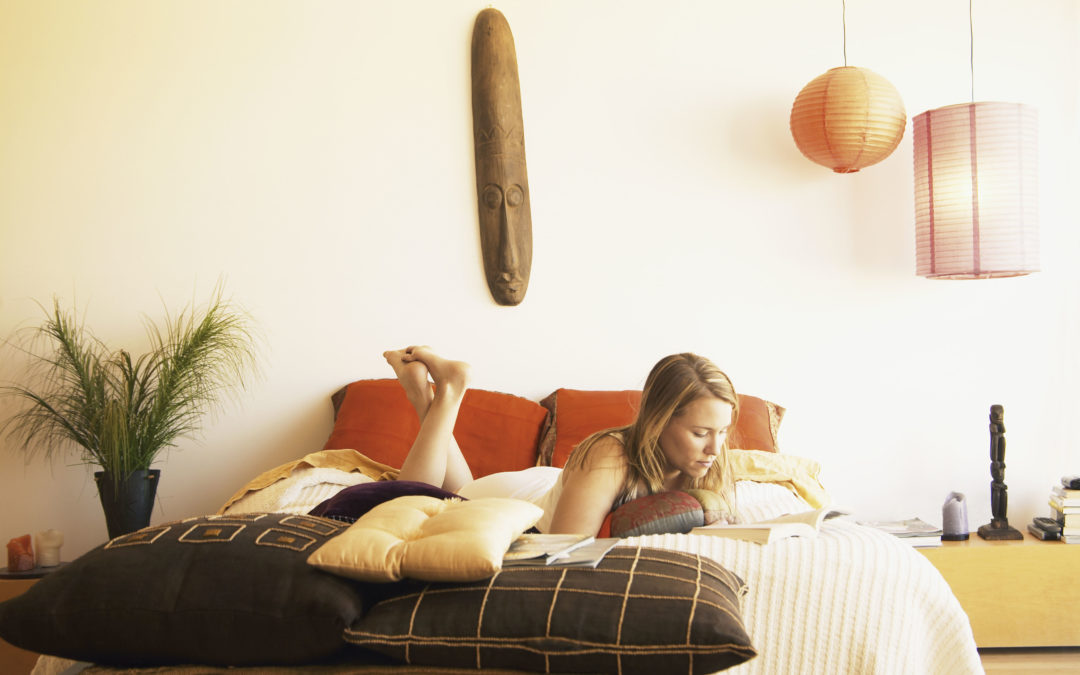Builders and home buyers alike have been putting a higher priority on healthier homes, in no small part due to increased time at home because of COVID-19 and its long-term ramifications. In fact, one of our recent blog posts (Healthier Home = Healthier Household) discusses this very topic. But all too often, “healthy” focuses on indoor air and water quality, overlooking the impact of noise on our health.
Though they don’t receive lots of press attention, numerous studies have linked unwanted noise to poor health. In, Decibel Hell: The Effects of Living in a Noisy World, published in Environmental Health Perspectives by the National Institutes of Health, Ron Chepesiuk identifies, among noise’s adverse effects, elevated blood pressure and increased heart rate, which increase your risks of heart disease, stroke, and heart attack.
Chepesiuk also cites the July–August 2002 issue of the Archives of Environmental Health, wherein a team of government and university researchers concluded that exposure to sound “acts as a stressor.” Stress also makes your heart race, and the Mayo Clinic links stress with headaches, fatigue, and stomach upset. Stress is also known to negatively affect your immune system and can aggravate diabetes and breathing problems such as asthma and COPD. The American Psychological Association suggests stress can also adversely affect cholesterol levels.
Obviously, noise can impact our sleep, and lack of sleep has its own detrimental effects. From sluggishness and fatigue to irritability and heightened aggression, sleep deprivation is bad for our physical and mental well-being.
Many of our environments we can’t control. Restaurants can be noisy. Same with our workplaces. And with our modern-day concessions to always-on cell phones, computers, and other electronic devices, we’ve actually invited more noise into our environments. So, we retreat to our homes to be our havens from all the noise. Like the flip side of a coin, quiet places help our bodies relax, decrease stress and anxiety, promote concentration, learning and productivity, and improve sleep. Medicaldaily.com reports quiet environments can even help to improve memory.
Working from home, noise affects our performance. Ditto for our kids who are learning remotely from home. For our general well-being, for our relationships, for our overall outlook on life, we must focus on noise issues in our homes – noise from the outside and noise generated within our homes. In our next three posts we address steps to creating a more serene environment for your home, starting with how the home is built; then addressing design-related opportunities; and finally, smart product choices for creating a quieter home.
For more resources on thoughtful design and products:
- View other articles on our blog
- Browse our Her Home™ Magazine
- Thoughtful Design Concepts

